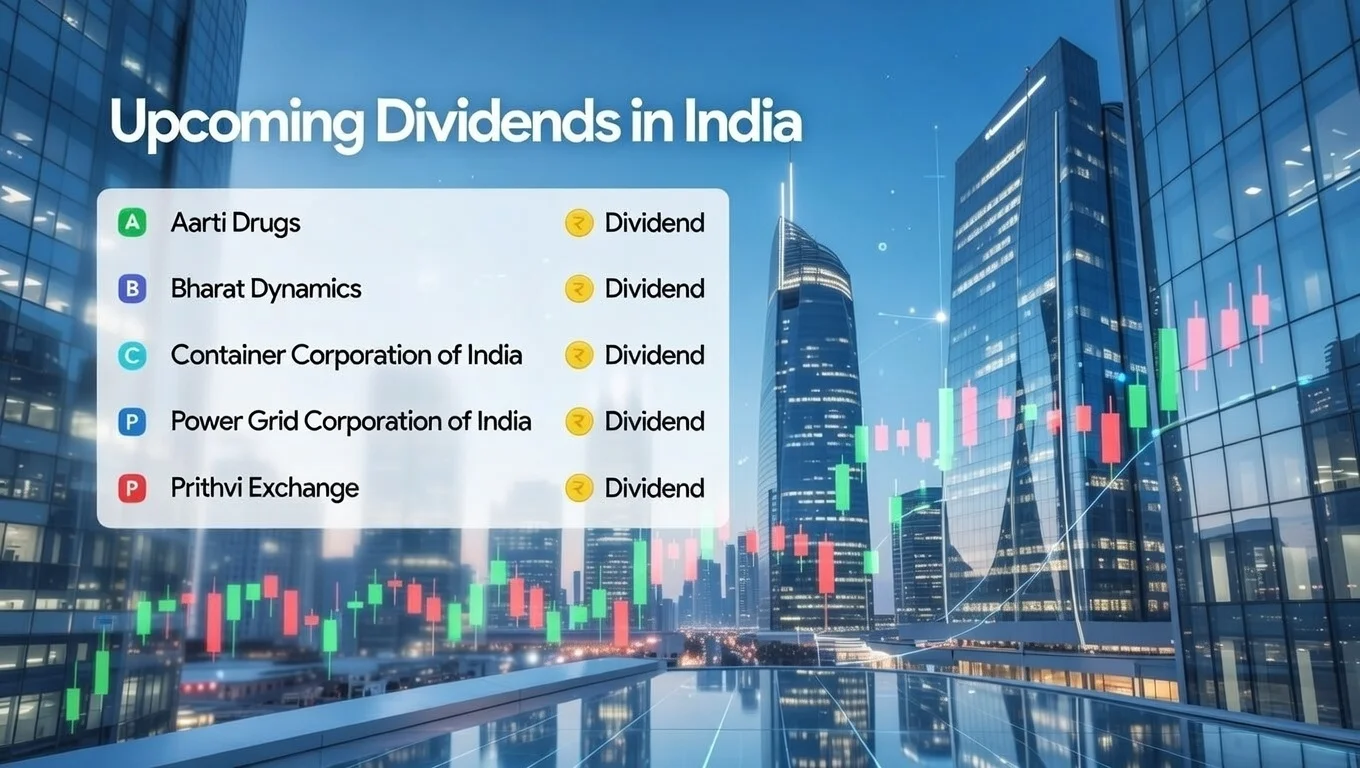Home >> Blog >> Impact of Elections In Indian Stock Market: History & Exit Polls
Impact of Elections In Indian Stock Market: History & Exit Polls

Table of Contents
Understanding the 2019 Election Phases and Market Reactions
The 2019 Lok Sabha elections in India were held in seven phases, with voting taking place from April 11th to May 19th. As the election phases unfolded, the Indian stock market reacted in a fascinating way, providing valuable insights into how the market may behave in the upcoming 2024 elections.
In the initial phases of the 2019 elections, when the Bharatiya Janata Party (BJP) was trailing the opposition, the market should have experienced a crash. However, the market remained relatively stable, and even saw a rally in the days leading up to the phase where the BJP was expected to gain a majority. This suggests that the market was already anticipating a BJP victory, even before the final results were announced.
As the election phases progressed, the market's reaction became more nuanced. When the BJP started gaining more seats compared to the Indian National Congress (INC), the market showed a muted response, neither crashing nor rallying significantly. This indicates that the market had already priced in the BJP's eventual victory, and was not surprised by the party's strong performance.
The Role of Exit Polls and Sentiment
The market's behavior during the 2019 elections was also heavily influenced by exit polls and the overall sentiment surrounding the elections. As the exit polls started to suggest a BJP victory, the market reacted positively, anticipating a continuation of the party's policies and economic agenda.
However, the market's enthusiasm was short-lived, as the actual results did not match the expectations set by the exit polls. This led to a period of volatility and uncertainty, as the market struggled to reconcile the discrepancy between the exit polls and the final outcome.
The lesson from this experience is that the market is often driven by sentiment and anticipation, rather than just the actual results. Investors and traders should be wary of relying too heavily on exit polls or other market-moving news, and instead focus on analyzing the underlying fundamentals and long-term trends.
Preparing for the 2024 Elections: Identifying Opportunities and Mitigating Risks
As we look ahead to the 2024 Lok Sabha elections, the lessons from 2019 can help us better understand and navigate the market's behavior. Here are some key considerations:
- Expect Volatility: The market is likely to experience periods of heightened volatility leading up to and during the 2024 elections, as investors and traders react to the evolving political landscape. Be prepared to manage this volatility through disciplined risk management and diversification.
- Focus on Long-Term Trends: While the short-term market movements may be driven by election-related news and sentiment, it's important to maintain a long-term perspective and focus on the underlying fundamentals of the companies and sectors you're invested in. Look for opportunities in industries and sectors that are likely to benefit from the government's policies and initiatives.
- Diversify Your Portfolio: Avoid concentrating your investments in a single sector or asset class, as the market's reaction to the 2024 elections may vary across different industries and asset types. Diversify your portfolio to mitigate the risks associated with election-related volatility.
- Stay Informed and Adaptable: Keep a close eye on the evolving political landscape and the market's reactions. Be prepared to adjust your investment strategy as the situation unfolds, but avoid making knee-jerk decisions based on short-term news or sentiment.
Conclusion
The 2019 Lok Sabha elections provided valuable insights into the Indian stock market's behavior during a significant political event. By understanding the market's reactions and the underlying factors that drove them, investors and traders can better prepare for the 2024 elections and navigate the associated volatility and opportunities. Remember, the key to success is to maintain a disciplined, long-term approach and to remain adaptable in the face of changing market conditions.
Disclaimer: This Stock Analysis is only for informational purposes and should not be considered as investment advice. Always do your research and consult with a financial advisor.
Author
Frequently Asked Questions
The market likely anticipated a BJP victory even before the final results, suggesting it priced in that outcome beforehand.
Positive exit polls suggesting a BJP win led to a market rally, but the market became volatile when the actual results differed. This highlights the impact of sentiment and anticipation.
Don't rely solely on exit polls or news. Focus on long-term trends and company fundamentals to navigate election-related volatility.
Expect volatility, focus on long-term trends, diversify your portfolio, and stay informed to adapt your investment strategy as needed.
By understanding the market's reactions to elections, investors can be better prepared for future events and navigate the associated opportunities and risks.
















.webp)


